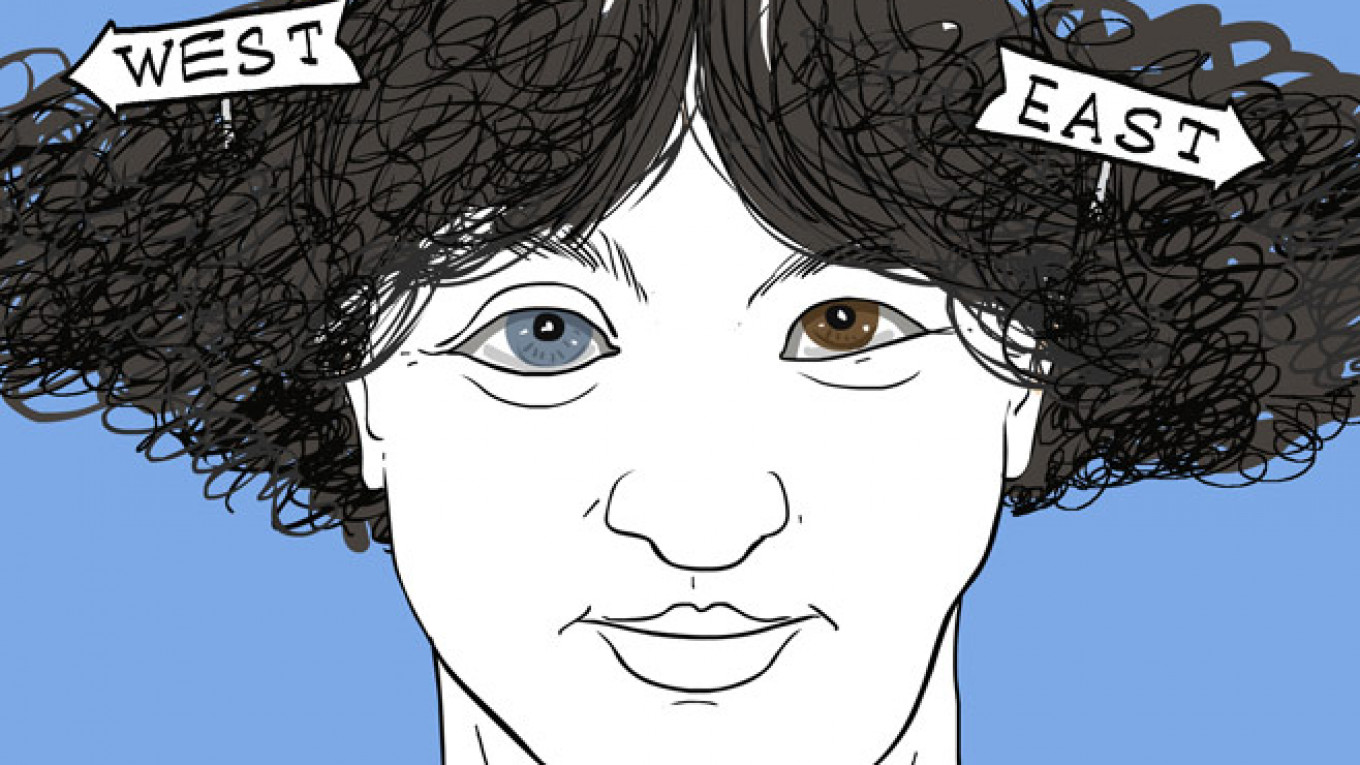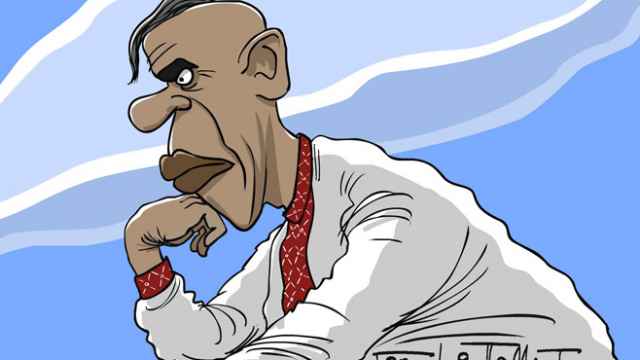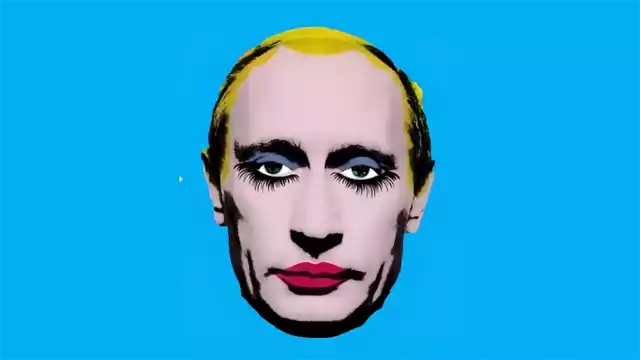It is no secret that many Western Europeans do not consider Russia a part of Europe. And they are right. They sometimes follow that statement with the atavistic idea that Russia is a country to both scorn and fear. However justified or debatable those ideas might be today, they are completely absurd from a historical perspective.
But that is how people are made: they tend to see only what is happening right now. They forget the past and cannot predict the future. And, of course, many ideas that gain currency are later relegated to the dust heap of history.
Who can say why and when Russia ceased to be part of Europe, or by what happenstance Western Europeans did not become Eurasians as Russians did? I'll tell you when it happened: the 13th century. It began with the Mongol invasion of ancient Rus, then Eastern Europe and, finally, Western Europe.
Both Rus and Europe were in a similar condition. Although Rus had once been a unified state, by that time it had split into warring principalities and was incapable of mounting a resistance to what was then the best army in the world. The Mongols had carried out military reforms. They had talented commanders, strict discipline, a brilliant cavalry, incredible archers and the world's most advanced siege machinery that they had borrowed from the Chinese.
And the same thing was happening in the rest of Europe. Centralized states were disintegrating. The Pope and the German emperor, the main power centers in Europe, were hostile to one another.
And the ponderous and poorly disciplined European army was no better than the Russian forces. In fact, despite its many shortcomings, the Russian army was at least able to regularly beat back the Teutonic Knights.
Knowing that Europe was incapable of putting up serious resistance, the Mongol leader Batu Khan, after subjugating Rus, split his army by continuing himself to Hungary while dispatching Baidar to Poland. The Hungarian Kingdom fell after a single battle. The same fate befell the Polish-German army.
After successfully completing the first phase of the campaign, the Mongols settled down to rest. Their plan was to transform the whole of Europe into an extension of Asia in one year's time.
Judging by the fact that all the calls for the unification of European forces produced no tangible results — as had happened earlier in Rus — Western Europe would undoubtedly have become Eurasia, if not for one chance event. Far to the east, the Great Ogedei Khan died, sparking a struggle for the throne. For that reason alone, Batu Khan cut short his European campaign and took his army home. Western Europeans simply lucked out.
By the way, Novgorod and Pskov in northern Rus also got lucky because the local spring thaw, forests and swamps kept the Mongols out. The Mongols preferred to travel through such places on frozen rivers in winter.
The fact that the Mongols never reached that region can be seen from the local gene pool and the faces of the people that differ from those in other parts of the country.
In fact, Rus — which the Mongols conquered early on and which was geographically closer to their homeland — long remained part of the Asian empire, gradually becoming a half-breed in every sense: from genetic to cultural.
And that trend only continued when Rus expanded eastward after it reestablished a strong state and threw off its dependence on the Mongols. In this way, Russia developed its peculiar European outlook with an Asian twist.
However, this mixture of peoples also produced many advantages. According to the liberal writer Boris Akunin: "It would be misleading to consider the 'Asian' component an intractable disease or a birth trauma to Russia. From the historical perspective, this, our genetic characteristic, has not only created problems, but also given us bonuses.
''First, without this 'Asian' component, Russia would not have the many hues of culture and spirituality that it has. Second, the primacy of the 'state' and this 'communal' mass consciousness have repeatedly helped Russia survive grave upheavals that purely European states could not, and did not survive.
''And so it was later, when Russia turned out to be stronger than two of the most powerful military empires — first Napoleon's, and then Hitler's. That ruggedness, ability to come together during times of tests, those huge reserves of strength, the willingness to sacrifice, the famous readiness to 'pay the price' — all of that is Asian, not European."
Useful bits of information occasionally emerge from today's constant flow. Experts predict that by 2034, white people will become the minority in the United States.
The only question is whether blacks or Hispanics will take their place as the majority. At some point, China will also make its weighty contribution to this emerging world picture.
The lord uses time, history and life itself to add and mix together new ingredients in the pliant "dough" of humanity.
Pyotr Romanov is a journalist and historian.
A Message from The Moscow Times:
Dear readers,
We are facing unprecedented challenges. Russia's Prosecutor General's Office has designated The Moscow Times as an "undesirable" organization, criminalizing our work and putting our staff at risk of prosecution. This follows our earlier unjust labeling as a "foreign agent."
These actions are direct attempts to silence independent journalism in Russia. The authorities claim our work "discredits the decisions of the Russian leadership." We see things differently: we strive to provide accurate, unbiased reporting on Russia.
We, the journalists of The Moscow Times, refuse to be silenced. But to continue our work, we need your help.
Your support, no matter how small, makes a world of difference. If you can, please support us monthly starting from just $2. It's quick to set up, and every contribution makes a significant impact.
By supporting The Moscow Times, you're defending open, independent journalism in the face of repression. Thank you for standing with us.
Remind me later.






